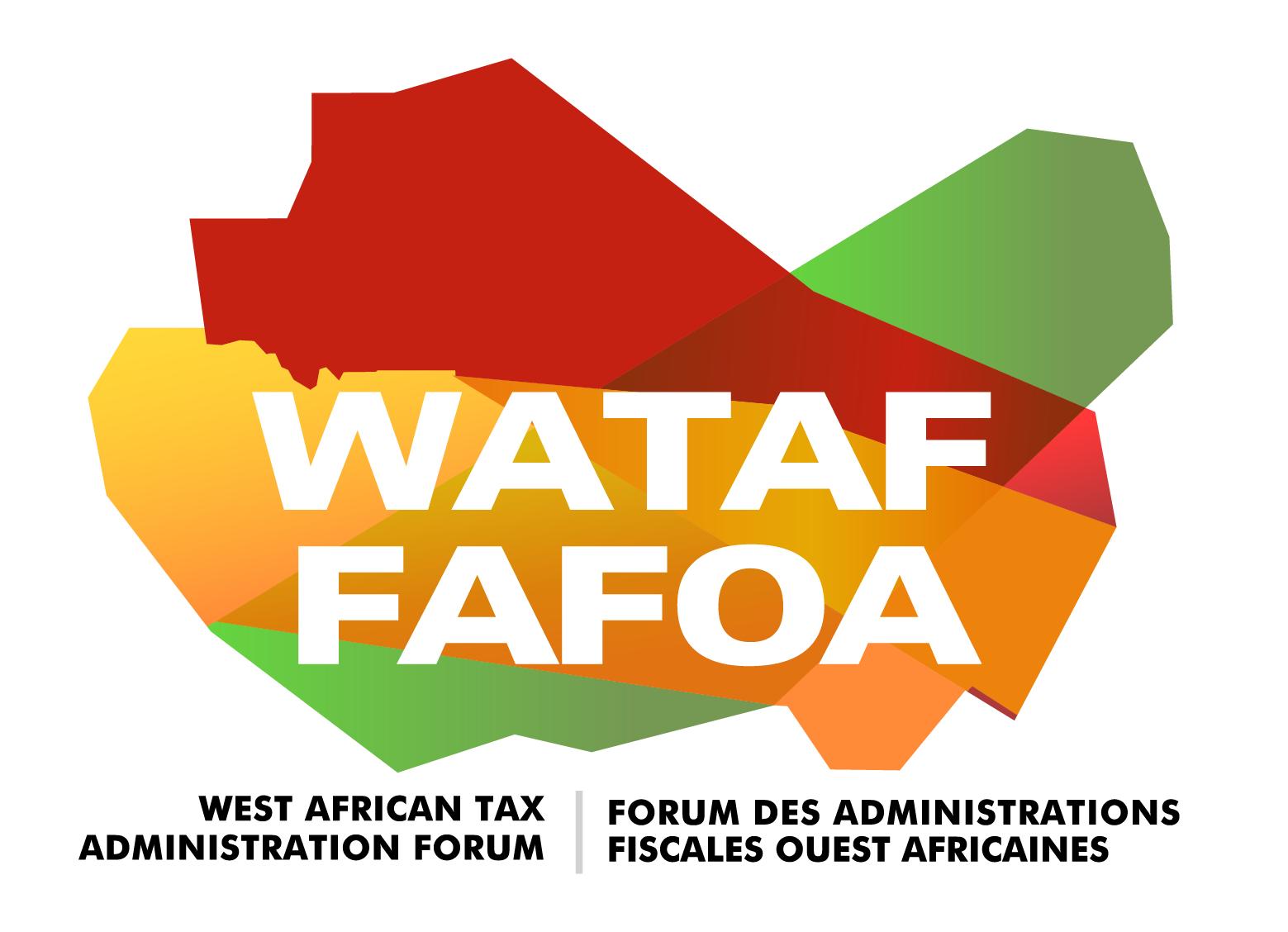- Introduction
Domestic Revenue Mobilisation (DRM) is more crucial than ever for West African Countries, and tax policy and administration are important levers for policymakers to balance a wide range of competing pressures – to spur growth, raise revenue and meet the sustainable development goals (SDGs) all at the same time.
These challenges cannot be overcome without frank collaboration and partnerships for effective fiscal engagement.
The questions that could be raised are: collaboration and partnerships with whom and how?
- Collaboration and partnerships with whom?
The stakeholders in tax matters are quite infinite. Nevertheless, we can gather them into four groups:
- First, Taxpayers, who are the cornerstones;
- Second, governments’ organs and bodies (the Executive: which provides leadership and direction on all tax matters in accordance with the constitution and legal texts; the Legislative: which enacts tax laws, the Judiciary, which interprets tax laws and adjudicates on tax matters, and of course Tax Administrations) whether at the local, state, or federal level. The first two are tied up with a social contract.
- Third, we have corporate organisations, and
- Fourth, civil society organisations, which are sentinels of social contract functioning, and other organisations.
- How to collaborate and partner?
The tax policy does not intend to set out a rigid set of guidelines regulating the relationship between stakeholders. Rather, the relationship should be cordial and mutual in nature. A transparent collaboration among the executives, the legislators, and other actors provides to the government with a 360° overview on fiscal issues.
Similarly, there must be regular fora to discuss matters relating to tax policy, such as the one that was held on 6th December, 2022, by the Tax Justice and Governance Platform (TJ&GP) in Abuja, Nigeria, or the one that was organised in October 2022 in Lomé, Togo, by ECOWAS. These events brought together public and private actors in a dialogue related to fiscal reforms at the national and regional levels.
Apart from the engagement of the executives and the legislators in assuring a harmonious tax policy within the region, there is a need to establish relationships for information sharing among tax administrations in West Africa. This would provide a peaceful environment that can encourage the achievement of the cardinal philosophy of tax, which is constant revenue generation.
To bridge the gap that exists among tax administrations in West Africa, WATAF has over the years provided a platform for peer learning and the exchange of information among member states. WATAF’s mission is to encourage better collaboration among the fifteen (15) Economic Community of West African States (ECOWAS) in order to improve the quality of their tax administration services.
The specific objectives of WATAF are:
i. To improve the capacity of West African tax administrations to meet their revenue targets;
ii. To produce and disseminate studies on tax issues to enlighten tax policy development and implementation;
iii. To increase tax administration transparency and accountability in order to increase revenue collection;
iv. To be the voice for West African countries on sub-regional, regional and global platforms while significantly influencing the international tax debate.
One of the good practises that WATAF promotes is the creation or strengthening of Tax Policy Units, which could help drive ambitious tax policy reforms in the short, medium and long term.
The Unit should be responsible for, among other things:
- proposing a strategy to modernise the tax system, simplify it and improve its efficiency (a recent publication by the Center for Global Tax Policy in its International Tax Competitiveness Index 2022[1], shows that countries that have a simple tax system are ranked first like Estonia, whilst countries that have a complex system are the last like France among OECD countries);
- ensuring the coherence of fiscal and parafiscal instruments;
- guiding the strategy for international tax relations;
- defining the taxation of consumer and capital income;
- guiding the strategy for specific taxation;
- monitoring and evaluating tax policies and the balance of social systems;
- monitoring the strategy to combat tax fraud implemented by the tax administration;
- giving its opinion on draft laws, regulations, and instructions in tax and customs matters.
Other organisations include: (i) the West African Union of Tax Institutes (WAUTI)[2] which brings together the region’s Chartered Institutes of Taxation and aims to promote technical and educational development, information sharing, and the enhancement of Tax Practice and Administration in the region; and (ii) the Society of Women in Taxation (SWIT)[3], whose mission is to build a society that will promote the interest of women in tax policy, law, and practise in our region, and (iii) civil society organisations such as Civil Society Legislative Advocacy Centre (CISLAC)[4], Forum Civil[5], Association pour la Promotion du Civisme Fiscale au Togo (APCIF – TOGO)[6] to name a few, which are doing a great job for transparency in the implementation of tax policies in the region.
- Conclusion
Experience shows that when institutions work in silos, there is a lot of information waste. It is more effective to implement tax policy with close collaboration and inclusion of all stakeholders.
[1] https://files.taxfoundation.org/20221013150933/International-Tax-Competitiveness-Index-2022.pdf
[2] https://wauti.org
[3] https://switcitn.org.ng
[5] http://www.adl.sn/acteur/forum-civil
[6] https://www.facebook.com/people/Association-pour-la-Promotion-du-Civisme-Fiscal-Apcif-Togo/100078511249476/








 Views Today : 35
Views Today : 35 Total views : 37580
Total views : 37580